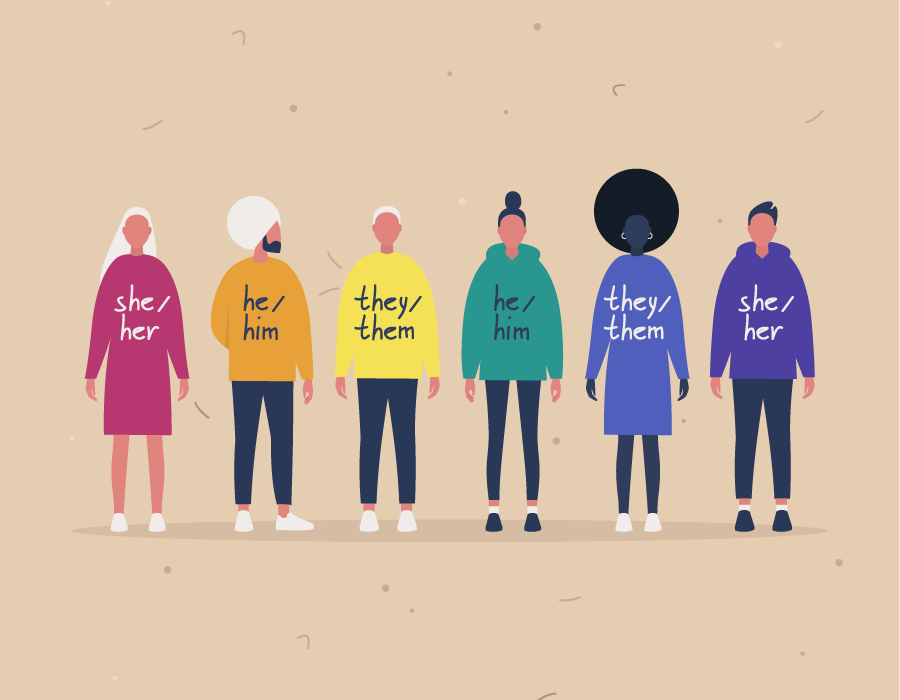The reading and video, RI Laws and Policies and Woke Read Alouds, were advocating and ensuring safety and support while in the classroom regarding sex and gender-based topics. Both of these sources are working towards creating a safe and inclusive society, including gender diversity. RI laws have been significantly improved with the stride towards ensuring equality in all categories. Children's literature have also seen this growth, with more diversity representation and normalizing gender expression from younger age ranges.
RI Laws and Policies are working to guarantee safety and bullying regulations to better protect gender diverse students in the classroom. Some of the key ways of doing this is to reduce stigmatization that comes with non gender conforming students by maintaining privacy of all students and working to normalize differences among individuals. Schools are also working to support and uphold healthy and consistent communication between staffing and parents to ensure educational success isn't being hindered by the school community. The largest and most enforced tactic to protecting these students is complicance with laws concerning bullying, harassment, and discrimination that will overall create a safe environment for all kids.
Woke Read Alouds: They, She, He easy as ABC is utilizing something that students are already familiar with, being the alphabet, and using it as a baseline to teach them something new. This book goes letter by letter to give students a variety of examples of diverse kids, what they like, and what they like to be referred as. This is giving students a way of personally connecting themselves to the book and understand that regardless of pronouns, kids can still share many interests with one another. Being able to share these books as a younger age is working to give students more time to understand not only themselves but also those around them who might prefer to be called something different. While kids minds work like sponges, taking in as much information as they can, they will have learned and had this topic feel normalized, rather than overhearing possible biased conversations regarding gender-orientation.
I felt that the book was very useful in being able to have as many students as possible feel connected to it. It compacted so much representation into a skill that they already knew, ensuring that as many kids as possible can establish some sort of connection with themselves to it.

Comments
Post a Comment